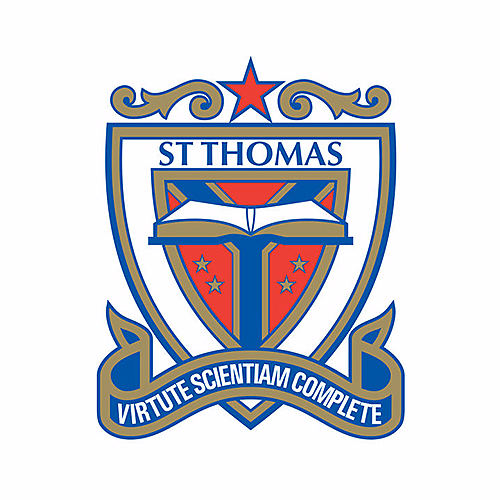
Year 9 Humanities
Year 9 Humanities
The last two weeks in Year 9 Humanities, the Drama group have been working on developing their understanding of Drama. They have played concentration games, practised their story telling skills and learned the necessity of listening to and respecting others. On Monday they devised scenes based on some of the important messages heard in Assembly about the Edmund Rice charism of Social Justice and including all others.
They are also gradually building up their knowledge of Drama features such as status, slow motion, interior monologue and flashback and many others. They give constructive feedback and feedforward after each scene in a collaborative learning environment.
The Real Assessment Task for this unit will require the students to create a completed, rehearsed dramatic presentation around the topic of Conflict. They may choose to research a real-life event or make up one of their own. They will be expected to reveal in their scene the motivations of the individuals involved and the effects of the conflict. They can use as many elements as they like and can include technical aspects such as props, costumes sound effects, music – the only limit is their imagination!
This Drama work will build on the understanding of the significance of historical events in society as Dominic Cleall said in his speech “Why History is important”.
We learn about ourselves through history whether knowingly or not. Learning about the past gives us the opportunity to understand our needs, our problems, even our emotions. Since the beginning of humans we have always needed food, water, social interaction, love. But has that need changed? Do we need less of any of those things than ancient humans or maybe even more? I don't think so. All of that is human nature, or basic needs.
Ancient Greeks are renowned for their plays of tragedy and love but they didn't just come up with these plays of emotions because they imagined what the emotions felt like but because they have felt those feelings before, whether it be positive or negative. And now, here in the present, we can look back to those performances and we can understand why we're feeling this way and how to deal with it or even what can happen if we let it go too far.
But you see, we don't just learn about ourselves, we learn about our family, our friends, even the random stranger that you pass and wave hello to. We can learn about how they're feeling because their pet died and how to comfort them. We can learn about how they're feeling because they just got a girlfriend and how to celebrate them. We can learn how they're feeling because their mum told them they're getting takeaways for dinner and how to share that excitement. But you see, when we are trying to help someone or do anything really we're always going to make mistakes. And knowing the past can help you not repeat those same mistakes.
